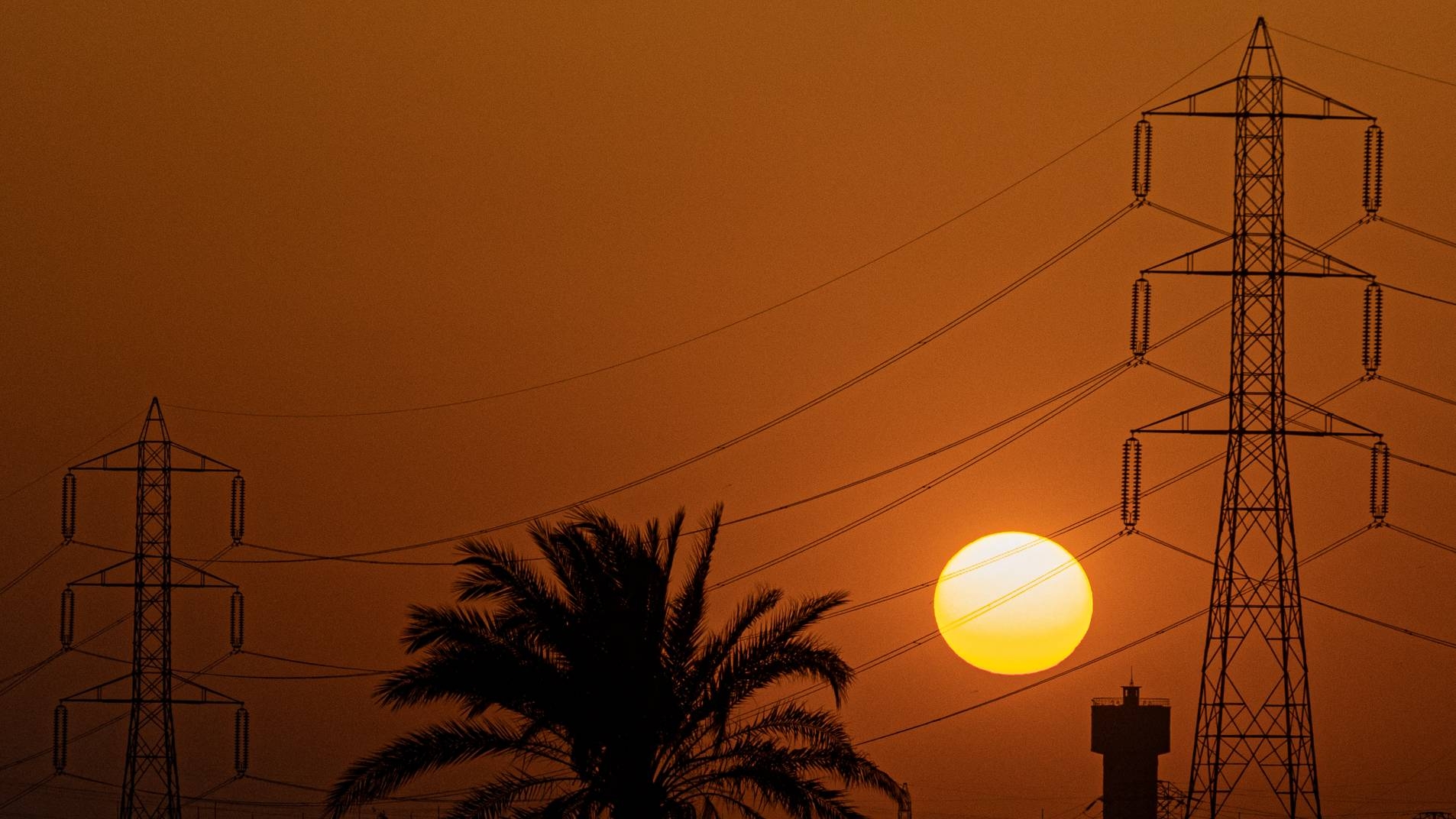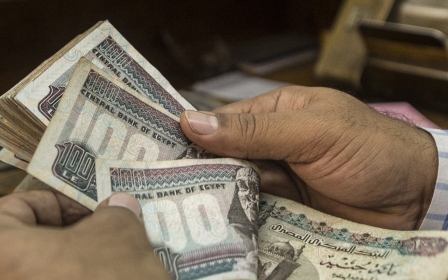Egypt imposes curbs on electricity consumption to boost natural gas exports

The Egyptian government has asked citizens to limit their electricity consumption to save natural gas for export as the country faces tough months ahead with a deepening recession and increased inflation.
Egypt's Prime Minister Mostafa Madbouly said on Tuesday that lighting outside government buildings would be switched off at the end of the working day while illumination in sports arenas, public squares, and streets, will be reduced.
Madbouly said that the daylight saving clock will be implemented to help ease electricity consumption in shopping centres and big stores and that air-conditioning should be set at 25 degrees Celsius or more.
The new measures will take effect next week.
New MEE newsletter: Jerusalem Dispatch
Sign up to get the latest insights and analysis on Israel-Palestine, alongside Turkey Unpacked and other MEE newsletters
The Egyptian government's strategy to ease economic hardship, which was intensified after Russia invaded Ukraine in February, is to export its natural gas to generate cash and foreign currency to shore up the state coffers.
A lifeline
Madbouly said that Egypt considers the Zohr offshore natural-gas field, which was discovered in 2015, as a lifeline for the economy at the time fuel bills increased due to the Russian-Ukrainian war.
"We will save as much quantity [from Zohr] to export it abroad and get foreign currency," Madbouly told a media conference in Cairo.
Since October, Egypt has made almost $100m-$150m a month from selling its natural gas from Zohr, according to Bloomberg.
In recent months, Arab Gulf countries had promised to invest $20bn in Egypt's economy. The Egyptian government ended up with a gas surplus after using the heavy fuel oil, known as "mazut", to generate electricity at some of its power plants.
However, Egypt’s currency has plummeted to a near-record low in August, with the central bank buying $1 for over 19 Egyptian pounds.
Middle East Eye delivers independent and unrivalled coverage and analysis of the Middle East, North Africa and beyond. To learn more about republishing this content and the associated fees, please fill out this form. More about MEE can be found here.




